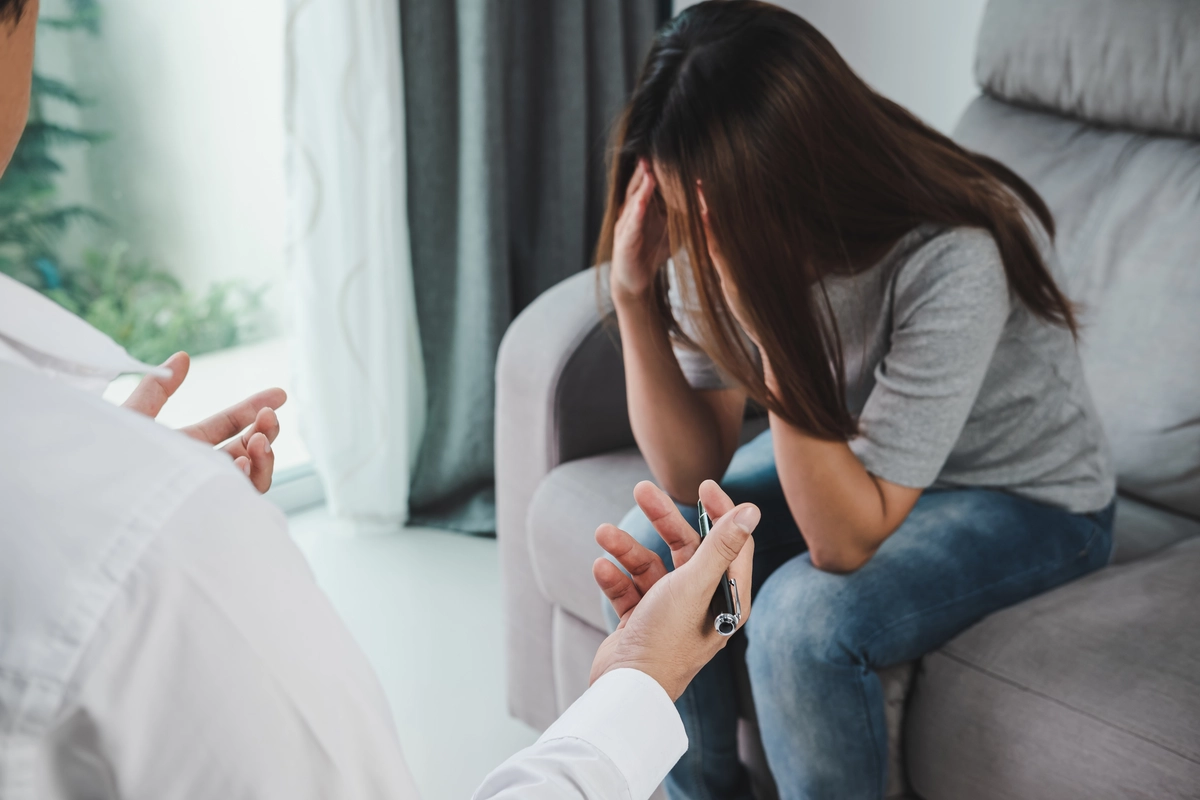24/7 Helpline:
(866) 899-221924/7 Helpline:
(866) 899-2219
Learn more about Depression Treatment centers in Early County

Other Insurance Options

PHCS Network

Evernorth

Anthem

ComPsych

CareFirst

Magellan Health

Medical Mutual of Ohio

Ceridian

Kaiser Permanente

Absolute Total Care

Meritain

WellPoint

EmblemHealth

Ambetter

Aetna

Amerigroup

Sutter

Health Net

WellCare Health Plans

GEHA















Early County Mental Health Center
Early County Mental Health Center is a public rehab located in Blakely, Georgia. Early County Mental...





























